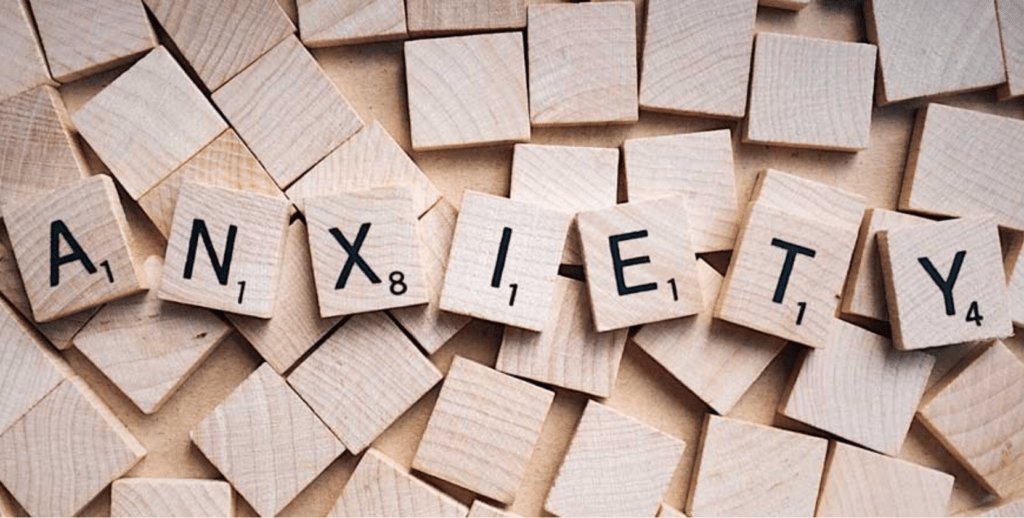Anxiety can have serious effects on both your physical and mental health. In fact, chronic anxiety that doesn’t seem to go away can eventually affect nearly every aspect of your life. This includes work, relationships, and even how well you sleep.
Generalized anxiety disorder typically involves chronic worrying. Some people can mistake anxiety, thinking of it only in terms of a panic attack. But the symptoms of a panic attack go away after a short period of time.

When you have chronic anxiety, however, it’s persistent and long-lasting. And it may feel like you can’t escape it, which is why it’s so easy for it to have a negative impact on your life.
So, what can you do to manage your anxiety and take control of your life once more?
Recognizing the Symptoms of Chronic Anxiety
One of the first steps in treating anxiety is to get a proper diagnosis. There are so many people struggling with generalized anxiety and never get the right treatment because they don’t fully understand their symptoms.
Some of the most common symptoms of anxiety include:
- Nausea
- Difficulty sleeping
- Sweating/shaking
- Fatigue
- Difficulty concentrating
- Weakness
As you might expect, these symptoms can often make it difficult to do anything. When you’re not getting enough sleep, it’s easy to become even more fatigued. This may lead to poor performance at work and troubles with cognitive thinking.
What Are the Complications of Anxiety?
Often, there are also serious long-term problems caused anxiety that can take a toll on your mind, body, and your whole life.
For example, anxiety triggers cortisol, a stress hormone, within the body. Too much cortisol leads to issues like weight gain, muscle weakness, and even diabetes. Moreover, anxiety can have lasting negative effects on your respiratory system, and it can even weaken your immune system.
Some people with anxiety may also have specific “triggers.” For instance, they may not want to go out in social situations or be around certain groups of people. And that can hinder personal relationships, friendships, or work relations. One way to reduce anxiety, in this case, is to eliminate those triggers. But when they are virtually everywhere, that isn’t always an option—nor is it always healthy.
Other people may experience depression or chronic pain. They may lose interest in things they typically enjoyed doing before. As a result, when they think about doing those things, their anxiety can start to become even worse. It’s a vicious cycle that isn’t easy to break out of alone, and it can lead to substance abuse. In some cases, people who have been dealing with anxiety for a long time may even start to have suicidal thoughts.
Obviously, when anxiety gets that extreme, you should take immediate action to get help as quickly as possible.
Taking Your Life Back with Treatment
When the effects of anxiety start to take over your whole life, it’s time to look into getting some help. The good news? Anxiety is a treatable condition.
In fact, because anxiety is such a common mental health disorder, there are many different treatment solutions. Everyone goes through treatment differently, but a combination of things like medication, therapy, and support groups typically works for almost everyone with chronic anxiety.
—
If you’re struggling with anxiety and its impact on your life, please don’t hesitate to make an appointment. The sooner we can get to the underlying cause of your anxiety, the sooner we can work on a treatment plan that will benefit you.
You don’t have to live with anxiety forever. With the right treatment, you can take your life back without letting fear lead the way.






